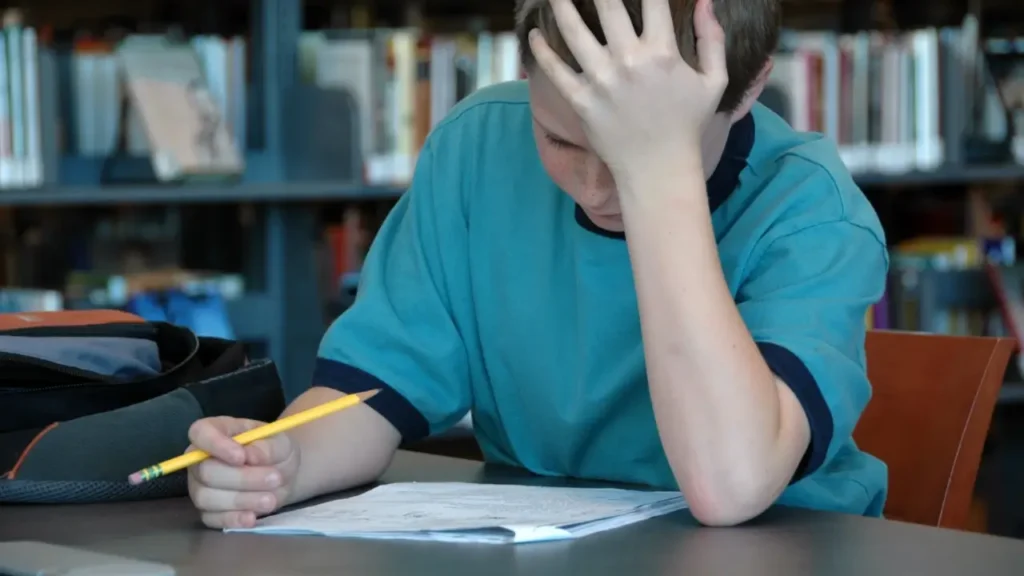Learning Arabic means mastering not just the words, but the rhythm and shortcuts of everyday speech. One of the most fascinating features of colloquial Arabic is the power held by a single, repeated word.
While repeating a word in Modern Standard Arabic (MSA) often serves to intensify or confirm a meaning (known as Tawkeed), in common dialect, this repetition often shifts the entire meaning, creating idioms that are completely unique.
The simplest way to use this trick is to denote gradation—a gradual, step-by-step process.
- The power of gradation: The “Little by Little” Rule In many cases, the repetition of an adjective or adverb signals that an action should be done slowly, carefully, or one step at a time.
A perfect example of this is:
وحدة وحدة (Wahda Wahda – literally “one one”): This means slowly or step by step. It’s used when asking someone to proceed carefully, such as when assembling something or explaining a complex topic.
If you hear a repeated word in a command, chances chances are the speaker wants you to pace yourself.
- When double the word creates a vew idiom Beyond simple slowness or emphasis, repeated words often form fixed, idiomatic expressions where the combined meaning is completely different from the singular word. These phrases are absolutely essential for fluency, for example: ميّه ميّه (meyyah meyyah – literally “a hundred a hundred “): This means Awesome! / Perfect!.
Why This Matters Mastering these fixed idioms is the fastest way to bridge the gap between textbook Arabic and real-world conversations. When an Arab speaker uses “Nuss Nuss,” they are expecting the listener to know the full idiomatic meaning—that the situation is merely acceptable, not just “half half.”
By learning to recognize these double-word phrases, you are essentially unlocking a linguistic key that allows you to sound much more natural and fluent.
For more examples of these essential double-word phrases, check out our latest post on Instagram! We also invite you to visit our Books Page to explore our Arabic language learning materials. Specifically for dialect learners, we highly recommend our books, Colloquial Dialects and Colloquial Verbs.



